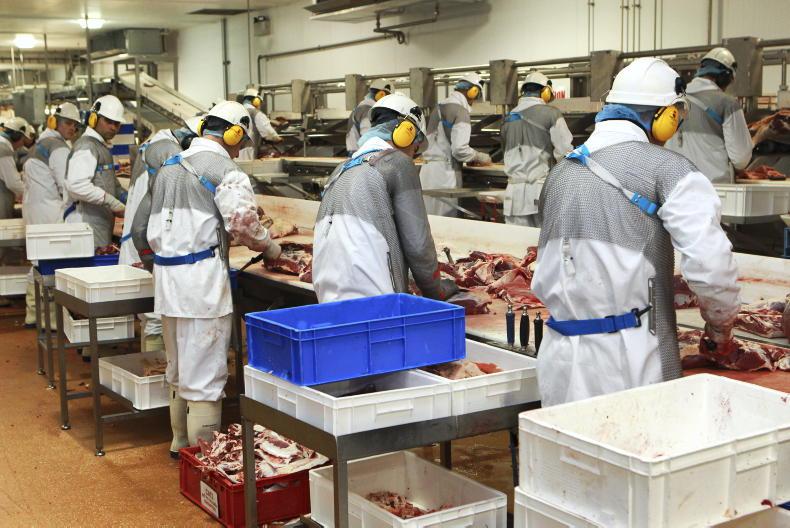A few weeks ago, I mentioned that farmers seemed to be acceptable as collateral damage in trade wars between the major blocks.
In the latest Airbus Boeing row between the US and EU, Irish farmers are the innocent victims on both sides of the dispute.
We already know of the extra levies placed by the US on Kerrygold butter. However, just recently, the EU – with Irish approval –imposed tariffs of 25% on imports of beet pulp and molasses coming to Ireland from its main supplier, the US.
Ireland imports a lot of animal feedstuffs.
The tillage sector has been under long-term pressure and while grass provides the bulk of the ruminant population’s diet, there is no way that the supplementary feed needed can be supplied from native-grown material, especially at short notice.
The fact that the 25% extra levy was applied when contracts were signed for both products and shipping arranged but before the product was loaded and on the high seas from the US to Ireland means that somebody is going to have to pay an extra 25% or almost €50/t on molasses, which mainly comes from Florida. Molasses is widely used in the ruminant feed industry as a “binder” in pellets and a palatability enhancer in most compounds.
Costs
While sugar beet is a useful low-protein supplement to grass-based diets, neither product displaces homegrown Irish cereals and the only effect will be to increase farmer costs as the peak feeding season kicks in and Brexit uncertainty continues. It would seem that if the sudden imposition of the tariffs did not apply where contracts for sale and chartering of ships could be proved then at least this short-term difficulty could be avoided.
For the longer term, the effects on farmers of international trade disputes should be more carefully weighed up and some compensatory mechanism developed.
Read more
Winter feed series: feeding the finishing animal
Farmers on front line in the trade jungle
A few weeks ago, I mentioned that farmers seemed to be acceptable as collateral damage in trade wars between the major blocks.
In the latest Airbus Boeing row between the US and EU, Irish farmers are the innocent victims on both sides of the dispute.
We already know of the extra levies placed by the US on Kerrygold butter. However, just recently, the EU – with Irish approval –imposed tariffs of 25% on imports of beet pulp and molasses coming to Ireland from its main supplier, the US.
Ireland imports a lot of animal feedstuffs.
The tillage sector has been under long-term pressure and while grass provides the bulk of the ruminant population’s diet, there is no way that the supplementary feed needed can be supplied from native-grown material, especially at short notice.
The fact that the 25% extra levy was applied when contracts were signed for both products and shipping arranged but before the product was loaded and on the high seas from the US to Ireland means that somebody is going to have to pay an extra 25% or almost €50/t on molasses, which mainly comes from Florida. Molasses is widely used in the ruminant feed industry as a “binder” in pellets and a palatability enhancer in most compounds.
Costs
While sugar beet is a useful low-protein supplement to grass-based diets, neither product displaces homegrown Irish cereals and the only effect will be to increase farmer costs as the peak feeding season kicks in and Brexit uncertainty continues. It would seem that if the sudden imposition of the tariffs did not apply where contracts for sale and chartering of ships could be proved then at least this short-term difficulty could be avoided.
For the longer term, the effects on farmers of international trade disputes should be more carefully weighed up and some compensatory mechanism developed.
Read more
Winter feed series: feeding the finishing animal
Farmers on front line in the trade jungle









SHARING OPTIONS